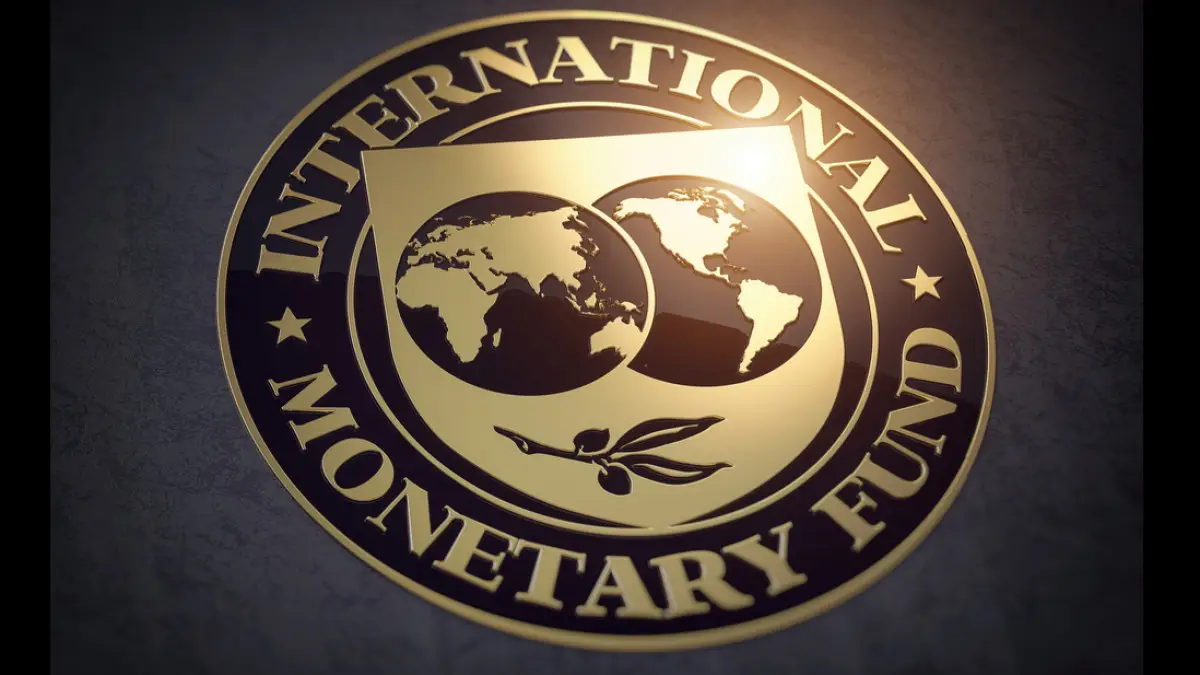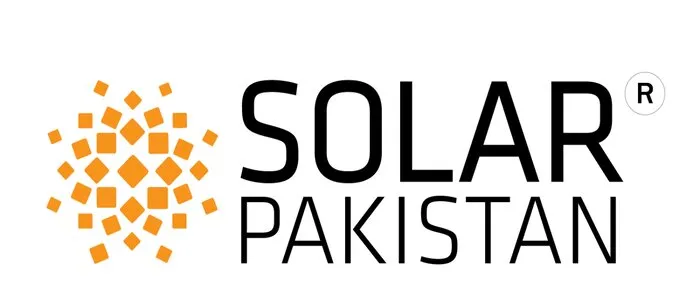In a significant development, the Prime Minister has given directives to initiate the process of contacting the International Monetary Fund (IMF) with the aim of securing a more substantial bailout package. This strategic move underscores the government’s proactive approach to addressing economic challenges and ensuring financial stability.
Key Points:
- Strategic Decision: The decision to approach the IMF reflects a strategic move by the government to explore avenues for a more substantial financial bailout. This decision is driven by the recognition of the need for robust economic support.
- Proactive Economic Management: The Prime Minister’s directive highlights the government’s commitment to proactive economic management. Engaging with international financial institutions like the IMF is viewed as a crucial step in mitigating economic challenges.
- Bigger Bailout Package: The emphasis on a “bigger bailout” indicates the government’s intention to secure a more substantial financial assistance package from the IMF. This is aimed at bolstering the country’s economic resilience.
- Addressing Economic Challenges: The decision to approach the IMF aligns with the government’s efforts to address pressing economic challenges. These challenges may include fiscal deficits, external debt obligations, and the need for financial reforms.
- Global Financial Support: Engaging with the IMF also signals the government’s intent to seek global financial support and cooperation. Collaborative efforts with international institutions can contribute to stabilizing the country’s economic situation.
- Policy Reforms: IMF assistance often comes with conditions related to policy reforms. The government’s decision to contact the IMF suggests a willingness to undertake necessary reforms to ensure long-term economic sustainability.
- Market Confidence: The proactive approach of contacting the IMF can instill confidence in financial markets. It signals to investors and stakeholders that the government is actively seeking solutions and support to navigate economic challenges.
- Stakeholder Consultation: The process of engaging with the IMF may involve consultations with various stakeholders, including economic experts, policymakers, and representatives from the financial sector.
- Timely Intervention: The decision to approach the IMF in a timely manner demonstrates a commitment to addressing economic issues promptly. Timely intervention can contribute to stabilizing the economic landscape.
- Government Accountability: Engaging with the IMF for a larger bailout package reflects a sense of accountability on the part of the government. It indicates a recognition of the need for external support in managing economic complexities.
As the government takes steps to contact the IMF for a more substantial bailout, the broader implications and outcomes of this strategic move will unfold, influencing the economic trajectory of the country in the coming months.
Also Read: Bank Exchange Rates: SBP Modifies Reporting Schedule for Enhanced Transparency





